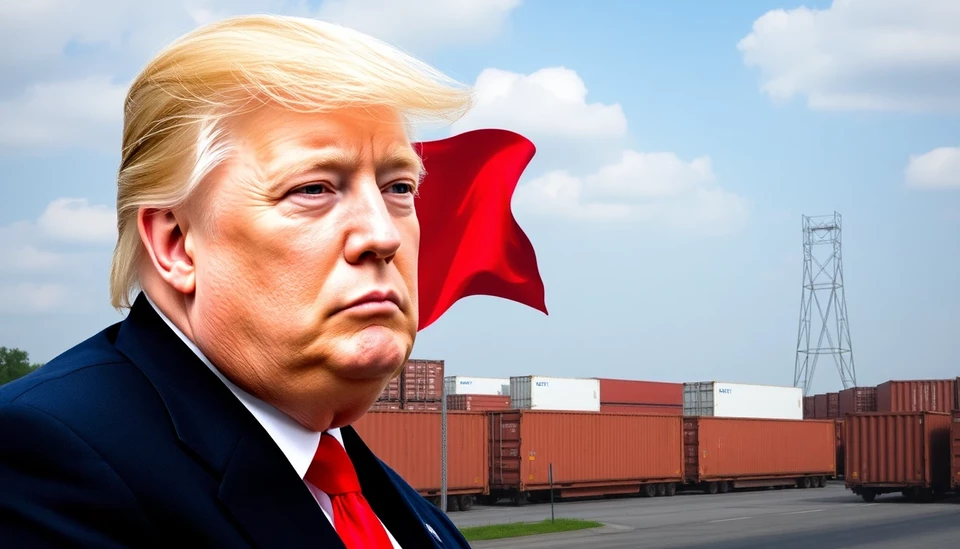
The recent announcement by former President Donald Trump regarding a series of tariffs raises significant concerns for Mexico's economy. As the U.S. reevaluates its trade policies, the implications for neighboring Mexico could be profound and far-reaching. This article delves into the consequences those tariffs may wield on Mexico's economy, as well as its trade relationships.
Trump’s proposed tariffs will focus on various sectors, impacting Mexican producers and exporters significantly. If implemented, these tariffs could create immediate price hikes on Mexican goods entering the U.S. This move would not only affect bilateral trade but also ripple through the global supply chain, especially in industries where Mexico is a critical player, such as automotive and agriculture.
Analysts have warned that Mexico’s dependence on U.S. economic dynamics makes it particularly vulnerable to such shifts in tariff policy. In recent years, Mexico has emerged as one of the largest exporters to the U.S., with approximately 75% of its total exports directed to its northern neighbor. Hence, any increased tariffs could shake the foundation of Mexico's market stability.
In the auto industry, for instance, tariffs on auto parts could prompt manufacturers to rethink their operations, possibly relocating to other countries with less trade friction. This could jeopardize jobs in a sector that has been a cornerstone of Mexico’s economic growth. Furthermore, the agricultural sector, known for its exports of fruits and vegetables, may also feel the financial strain, as tariffs can alter the competitive landscape dramatically.
Moreover, economists argue that the Mexican government might need to respond to such tariffs with countermeasures of its own, which could lead to a tit-for-tat trade war. This escalation would likely exacerbate the economic distress felt by citizens and businesses alike, increasing inflation and further complicating economic recovery efforts.
Historically, trade relations between the U.S. and Mexico have been solidified through agreements like NAFTA (now replaced by the USMCA). However, with the imposition of tariffs, the cooperative spirit behind these agreements might face significant challenges. Either side's reliance on the other may be put to the test, highlighting the delicate balance of their economic interdependence.
As Mexico braces itself for what might come, officials and experts are calling for proactive measures to safeguard the nation’s economic interests. Strategies may include diversifying exported goods, enhancing trade agreements with other nations, and investing in domestic industries to reduce reliance on U.S. markets.
In conclusion, while Trump’s tariffs may serve certain political agendas in the U.S., the broader implications for Mexico's economy cannot be overstated. The potential disruption threatens not only the financial well-being of the country but also the livelihoods of millions who depend on robust trade relationships with the United States.
As the situation evolves, stakeholders from both countries will be watching closely to see how these tariffs could play out and what steps may be necessary to mitigate their most severe impacts.
#TrumpTariffs #MexicoEconomy #TradeRelations #USMCA #AutoIndustry #Agriculture #InternationalTrade
Author: Daniel Foster




